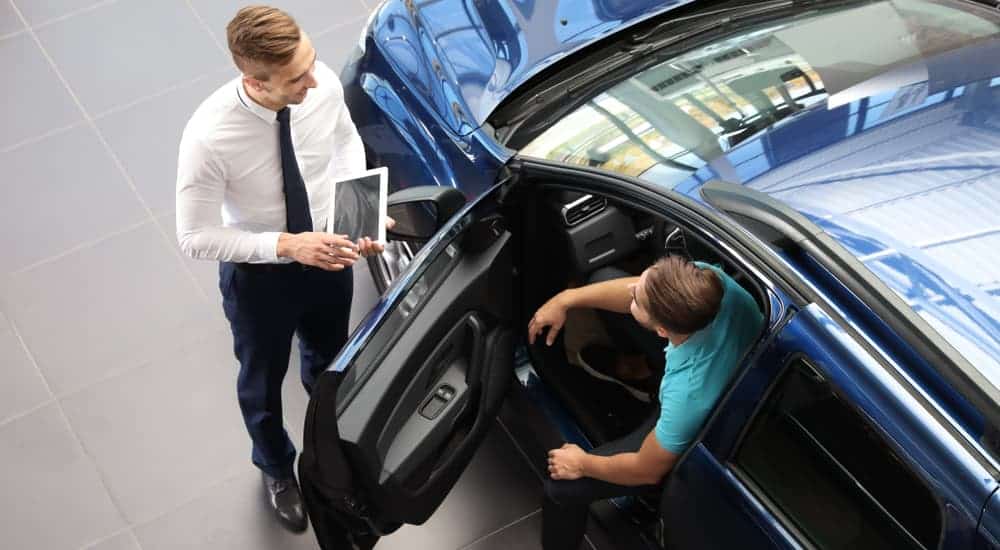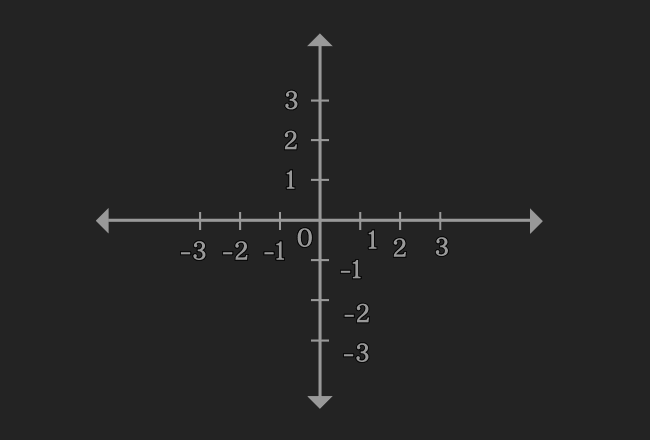Buying a car can be an intimidating process if you have no previous experience. Car salesmen may push you to buy a car you don’t need or you may buy a car at an excessively high price. Factors like the year, make, model, mileage, accidents, repairs, and even color can hinder your search for the perfect car. And that’s not the hard part about finding the right car for you.
Scoring a good car and offer takes research and lots of patience. You firstly need to make sure you’re financially equipped to make such a large purchase. You also want to prepare yourself for lenders—this means comparing car loans and insurances and getting pre-approved.
Car insurance is essential as it can cover damages caused by collision or theft. Insurance companies can pay most or part of the damage costs as well as the third party’s damages on their car after an accident. The online tool iSelect compares car insurance providers and plans to help you choose the right policy for your car. iSelect helps drivers in Australia choose wisely from a range of car insurance plans—comprehensive, third party and theft, third party property, and compulsory third party (CTP) or Greenslip.
At iSelect, you must first register to create an account and answer a set of questions to determine what type of car insurance policy you want to adhere to—wide coverage options, cheap premiums, or new providers. Afterward, iSelect will provide you with a variety of insurance policies and descriptions including exclusions, inclusions, and monthly premiums. You can also choose from extras or add-ons like roadside assistance. Lastly, you’ll be prompted to choose an insurance policy via phone or iSelect.
Now that you’re more prepared to find insurance, let’s take a look at what you should know about buying a car.
Plan Your Finances Before Considering Buying a Car.
For most things in life, we need to plan our finances for better outcomes. Want a vacation? Plan your budget. Want to buy a house? Get a mortgage pre-approved. There are many other things to consider when making a large purchase such as a car, but in essence, it all begins with your financial status.

To get a new car, you need to determine how much you can afford in a car and down payment. You will also have to check your credit history and score and research auto loans that you can apply to. This will help you understand the available interest rates for you.
Visit Multiple Dealers and Compare Prices for Exclusive Deals.
You should also visit different car dealers to compare cars and discounts. You definitely want to test drive any car you will potentially purchase to have a better feel of what you’re getting into. Also, every car dealer will give you a different deal so it’s best to know these before buying a car to have the upper hand when speaking to a salesman.
Research Trade-In Values and Sale Values.
If you have an older car and want to replace it with a new one, you may want to look at trade-in values from different dealerships. You may just end up getting more for your car if you sell it on the street vs if you trade it in at the dealer at their determined retail price. Some dealers may discount too much for minuscule details so it’s best to come prepared rather than empty-handed.
Look into Car Repair Records and History.
Lastly, if you’re narrowing down on car options, try to research their history or accident records to prevent getting a bad surprise if you’re buying a used car. Some cars may have a few too many visits to the mechanic while others may have damages from natural disasters and you would not even know it.
If you want to buy a good car at a good price, do the appropriate research so you can be prepared to face any possible deceptions or misinformation from a car salesman.




